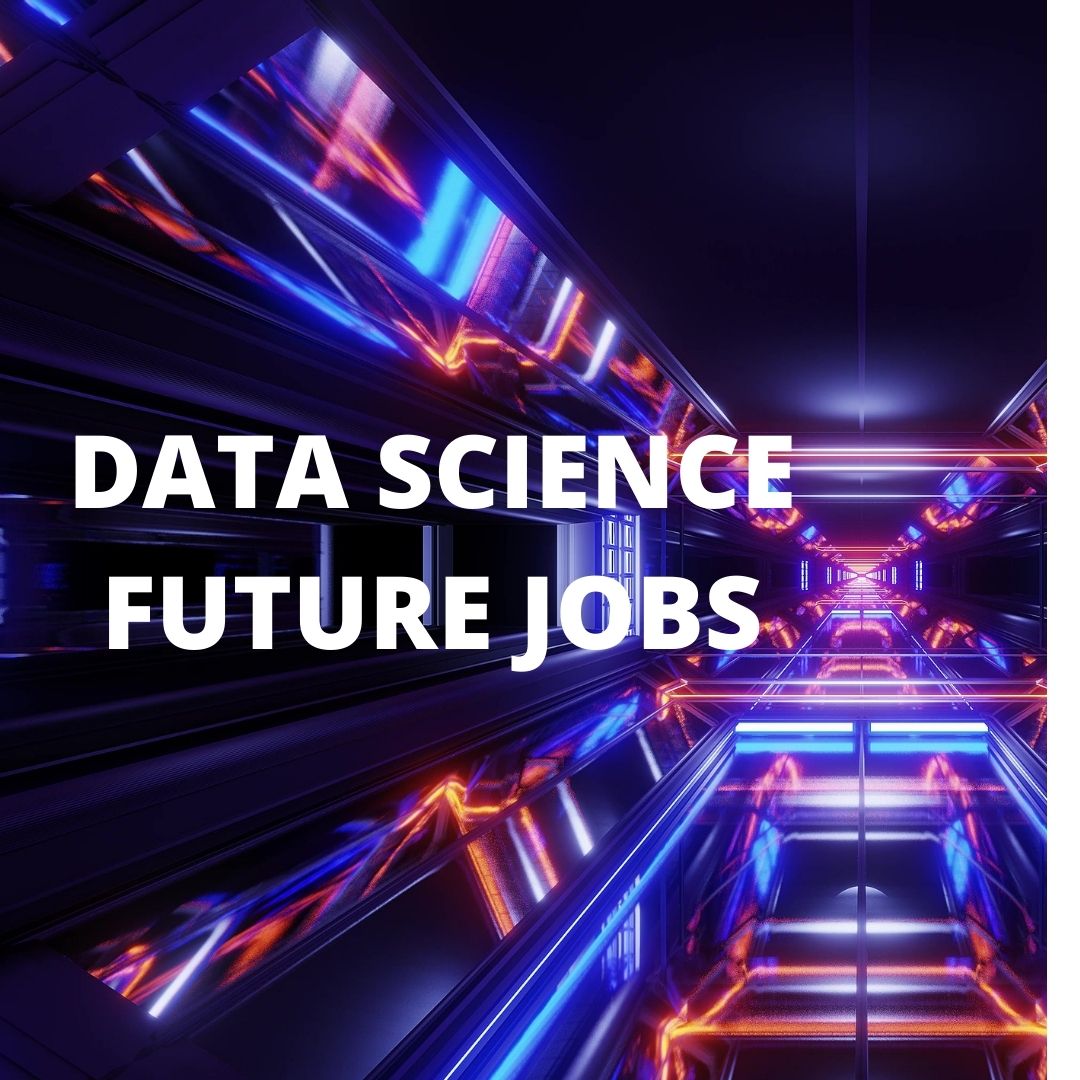What will the future of Data Science jobs look like?
In the future, data science will be one of the most in-demand professions all around the world. In fact, every industry vertical need a data scientist who can collect, analyse, and analyse raw data in order to draw conclusions and make business decisions.
In the future, data science will be an ever-evolving job field that will require applicants to have master’s level knowledge in programming languages, machine learning, data science abilities, and business understanding to stay competitive.
When you have a master’s degree, for example, you can receive a variety of higher-paying positions, such as:
- Data Analyst
- Engineer in Machine Learning and Data Analysis
- Engineer for Deep Learning
- Data Engineer
According to Statista, about 50 billion IoT devices will be in use around the world by 2030, with each device producing 90 percent of the world’s data in just a few years.
Data analysts can use this information to gather helpful business information and assist businesses in growing. Similarly, similar developments entice today’s millennials and Gen Z to pursue a career in data science. Let’s look at 5 more Data Science trends.
Table of Contents
ToggleThere are numerous applications for data science.
Above all, everyone uses data science. Data Science is used not only in B2B or B2C industries like retail, manufacturing, and financial services, but also in small enterprises like farming and non-profits.
Finally, this technological competence contributes to the improvement of operations, revenue growth, and business development across a wide range of industries, from healthcare to FMCG.
Data analytics offers a wide range of job options.
Businesses all throughout the world can benefit greatly from the information gathered. Data scientists create novel algorithms, while data engineers provide the underlying infrastructures needed to exploit data, as we all know. A Data Analyst, on the other hand, uses such algorithms to assist business leaders in making informed decisions that help their companies develop.
Specializing in Data Analytics can help you advance in your profession.
A working professional can specialise in Data Analytics to improve his or her production. That is to say, this information will assist them in addressing real-world issues and improving the quality of their work. We can deliver corporate insights, construct systematic models, conduct various research and analytics operations, and generate intelligent reports using Data Analytics tools.
Data can be used for storytelling
Anything that requires an analytical explanation, whether it’s a business presentation or an article. Importantly, statistics can be used to tell your story in a variety of ways. Data is a type of visual information that can be presented in the form of graphs or designs. Second, as the world has grown more data-driven, it is critical to make your data more readable or visually appealing. On the contrary, having a data-driven storytelling approach is essential.
Data literacy’ is equally crucial
Data literacy is the ability to read, work with, analyze and communicate with data. It’s a skill that empowers all levels of workers to ask the right questions of data and machines, build knowledge, make decisions, and communicate meaning to others.
Degrees and qualifications for data scientists
Many of the best data scientists have advanced degrees in math or statistics and are problem-solving experts. Others have studied computer science, astrophysics, or a variety of other areas.
“Do I feel that data scientists are required to have such degrees? No. Certainly not, “Kathleen Featheringham, director of AI strategy and training at Booz Allen Hamilton, a management and IT technology consulting firm, agreed. “There have been many classifications, but it’s basically someone who is curious,” says the author.
A data scientist, like any other job, may grow into something different, and there are a few signs that this will happen.
Data Science Job in Future
You can think about the data increase from IoT or from social data at the edge. If we look a little bit more ahead, the US Bureau of Labor Statistics predicts that by 2026—so around six years from now—there will be 11.5 million jobs in data science and analytics.

